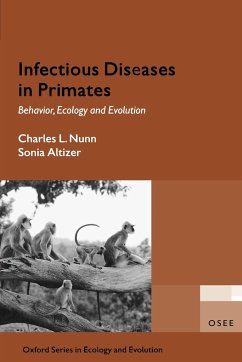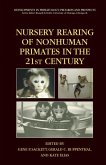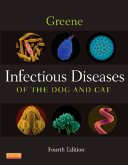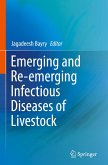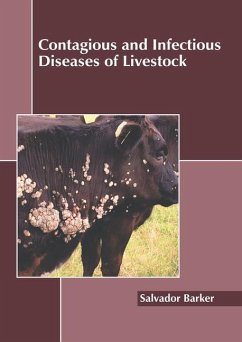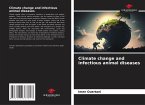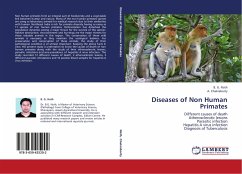Recent progress in the field of wildlife disease ecology demonstrates that infectious disease plays a crucial role in the lives of wild animals. Parasites and pathogens should be especially important for social animals in which high contact among individuals increases the potential for disease spread. As one of the best studied mammalian groups, primates offer a unique opportunity to examine how complex behaviours (including social organization) influence the risk of acquiring
infectious diseases, and the defences used by animals to avoid infection. This book explores the correlates of disease risk in primates, including not only social and mating behaviour but also diet, habitat use, life history, geography and phylogeny. The authors examine how a core set of host and parasite
traits influence patterns of parasitism at three levels of biological organization: among individuals, among populations, and across species.
A major goal is to synthesize, for the first time, four disparate areas of research: primate behavioural ecology, parasite biology, wildlife epidemiology, and the behavioural and immune defences employed by animals to counter infectious disease. Throughout, the authors provide an overview of the remarkable diversity of infectious agents found in wild primate populations. Additional chapters consider how knowledge of infectious diseases in wild primates can inform efforts focused on primate
conservation and human health. More generally, this book identifies infectious disease as an important frontier in our understanding of primate behaviour and ecology. It highlights future challenges for testing the links between host and parasite traits, including hypotheses for the effects of disease
on primate social and mating systems.
Hinweis: Dieser Artikel kann nur an eine deutsche Lieferadresse ausgeliefert werden.
infectious diseases, and the defences used by animals to avoid infection. This book explores the correlates of disease risk in primates, including not only social and mating behaviour but also diet, habitat use, life history, geography and phylogeny. The authors examine how a core set of host and parasite
traits influence patterns of parasitism at three levels of biological organization: among individuals, among populations, and across species.
A major goal is to synthesize, for the first time, four disparate areas of research: primate behavioural ecology, parasite biology, wildlife epidemiology, and the behavioural and immune defences employed by animals to counter infectious disease. Throughout, the authors provide an overview of the remarkable diversity of infectious agents found in wild primate populations. Additional chapters consider how knowledge of infectious diseases in wild primates can inform efforts focused on primate
conservation and human health. More generally, this book identifies infectious disease as an important frontier in our understanding of primate behaviour and ecology. It highlights future challenges for testing the links between host and parasite traits, including hypotheses for the effects of disease
on primate social and mating systems.
Hinweis: Dieser Artikel kann nur an eine deutsche Lieferadresse ausgeliefert werden.

